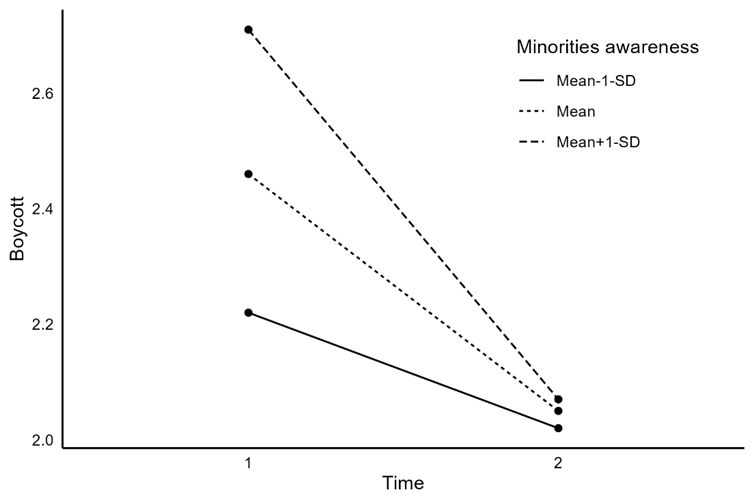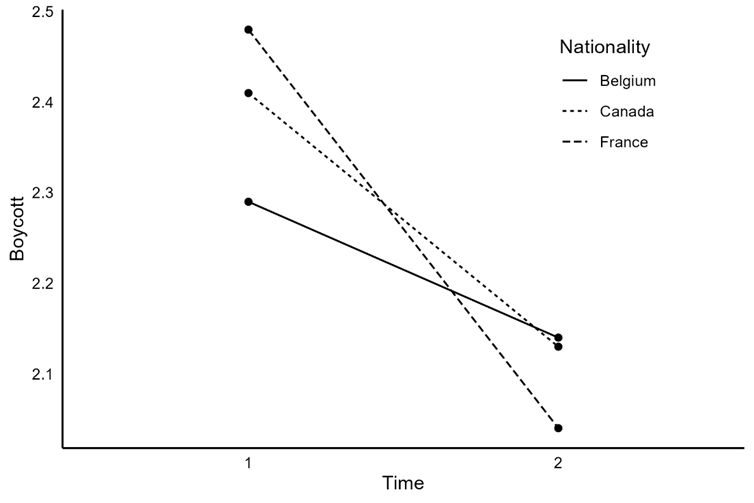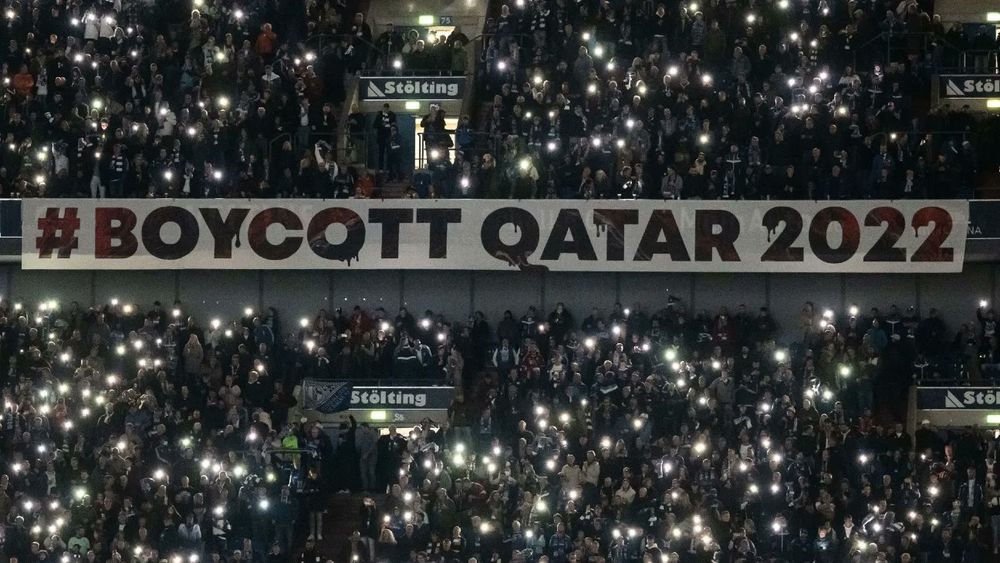
Conspiracy beliefs, meta-psychology, sports fandom
OA here: onlinelibrary.wiley.com/doi/10.1002/...

OA here: onlinelibrary.wiley.com/doi/10.1002/...
This effect was consistent across contexts and held even when controlling for perceived levels of democracy, highlighting the specific nature of this relationship.
This effect was consistent across contexts and held even when controlling for perceived levels of democracy, highlighting the specific nature of this relationship.
To learn more about the trilemma, its consequences, and potential solutions to alleviate its pressure, check out the open-access article:
To learn more about the trilemma, its consequences, and potential solutions to alleviate its pressure, check out the open-access article:
Thanks also to @olivierklein.bsky.social for his help in designing nice figures!
Preprint: osf.io/preprints/ps...
Thanks also to @olivierklein.bsky.social for his help in designing nice figures!
Preprint: osf.io/preprints/ps...
Ultimately, boycott may reflect low fandom rather than high political engagement.
In the end, lasting boycotters may be those uninterested in sports events, making the boycott poorly consequential.
Ultimately, boycott may reflect low fandom rather than high political engagement.
In the end, lasting boycotters may be those uninterested in sports events, making the boycott poorly consequential.
In other words, politicized fans struggled to maintain the boycott.

In other words, politicized fans struggled to maintain the boycott.
We observed a decrease in all countries, but it was only significant in France—likely due to limited statistical power in other countries and the strong performance of the French team.

We observed a decrease in all countries, but it was only significant in France—likely due to limited statistical power in other countries and the strong performance of the French team.
Boycott intentions were tied to concerns about environmental and minority issues.
Rejection of the boycott was best predicted by strong identification with the team and enjoying football’s aesthetic appeal.

Boycott intentions were tied to concerns about environmental and minority issues.
Rejection of the boycott was best predicted by strong identification with the team and enjoying football’s aesthetic appeal.

